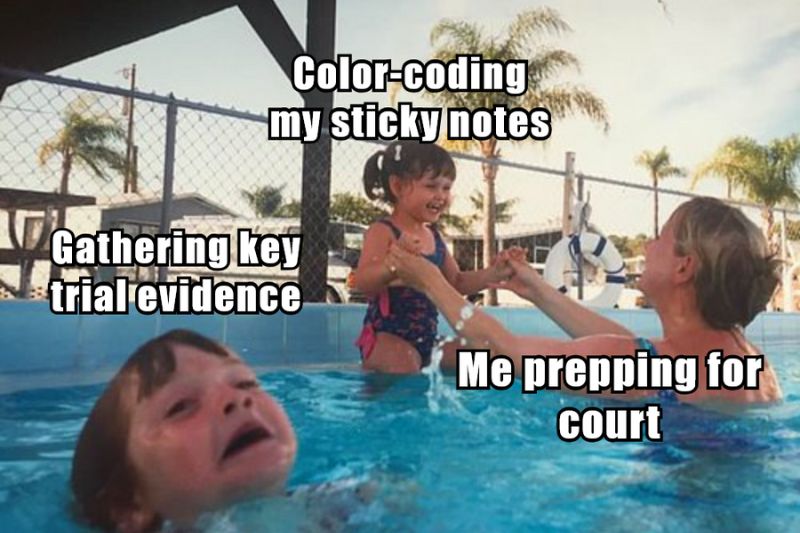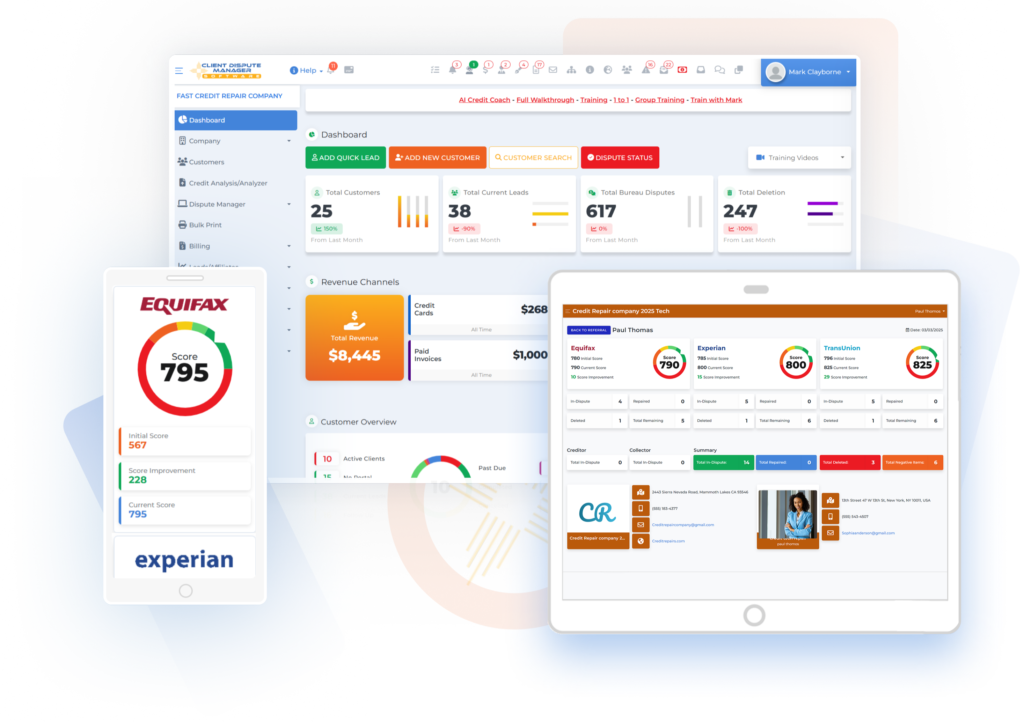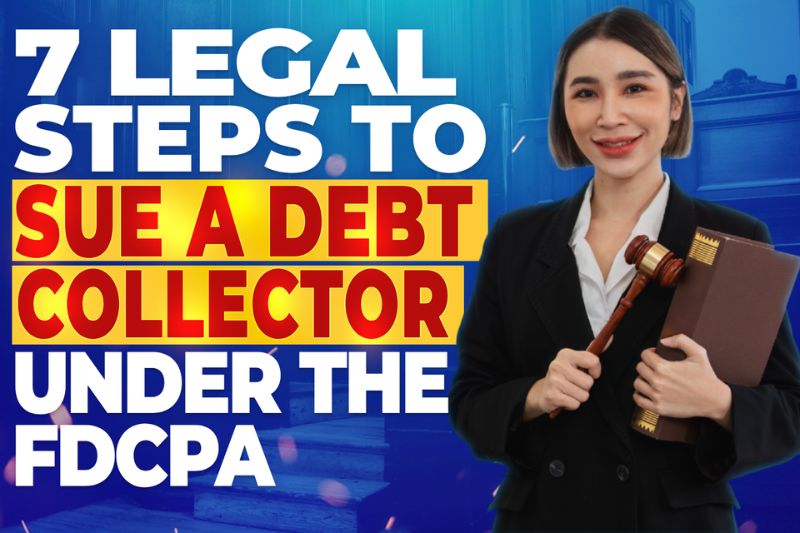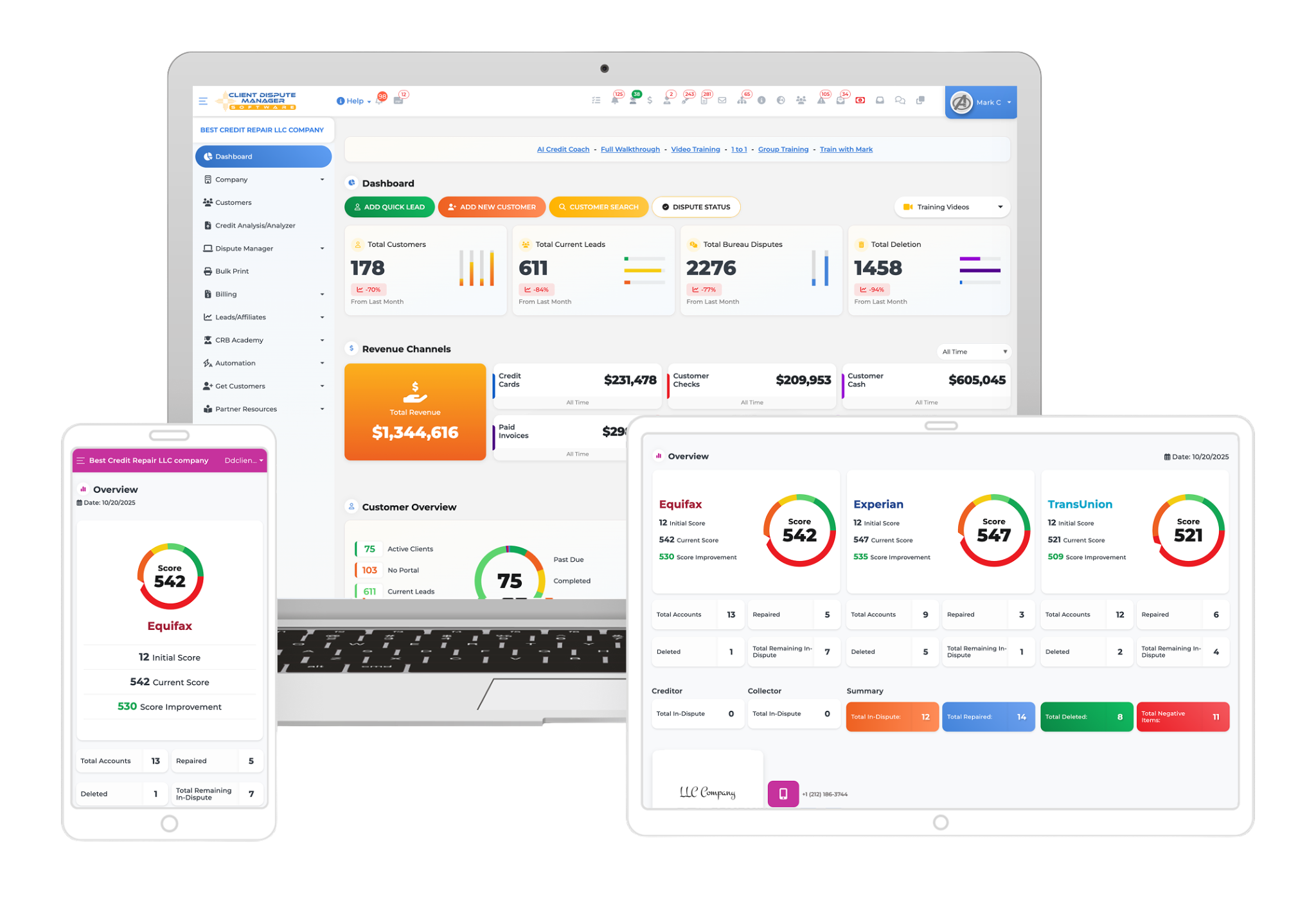Are you tired of the constant harassment and abuse from debt collectors? You’re not alone. Many people face these challenges, often feeling powerless and unsure of their rights. But the truth is, you have the power to fight back and sue a debt collector who violates your consumer rights.
In this comprehensive guide, we’ll walk you through the process of filing a lawsuit against a debt collector, step by step.
By the end, you’ll be equipped with the knowledge and tools to stand up for your rights and protect yourself from unfair debt collection practices, debt collector harassment, and debt collector legal defense tactics.
Key Takeaways:
- You have legal protection under the FDCPA. The Fair Debt Collection Practices Act prohibits harassment, threats, and false claims from debt collectors—know and exercise your rights.
- Document every contact and violation. Keep a detailed log of calls, messages, and letters to build a record of debt collector harassment or misconduct.
- Use legal steps to protect yourself. Send a cease and desist letter, request debt verification, and file a complaint with the CFPB or state attorney general if your rights are violated.
- You may be able to sue a debt collector. Within one year of the violation, you can pursue a debt collection lawsuit for statutory or actual damages—ideally with guidance from a qualified attorney.
- Stay organized and act responsibly. Tools like Client Dispute Manager Software help you track evidence, manage communication, and stay compliant when asserting your FDCPA rights.
Start Today and Explore the Features Firsthand!
H2: Understanding the FDCPA and Your Consumer Rights

Before we dive into the specifics of how to sue a debt collector, it’s essential to understand the rights afforded to you under the Fair Debt Collection Practices Act (FDCPA). This federal law protects consumers from abusive, deceptive, and unfair debt collection practices. Some common violations that can give you grounds for a lawsuit against a debt collector include:
- Calling at unreasonable hours, such as before 8 a.m. or after 9 p.m.
- Using threatening, profane, or abusive language, constituting debt collector harassment
- Contacting you after you’ve requested them to stop, violating your consumer rights against debt collectors
- Discussing your debt with third parties, such as family members or employers, which is a form of debt collection abuse
- Misrepresenting the amount you owe or their legal authority to collect the debt, providing grounds for a debt collector lawsuit.
If you’ve experienced any of these violations, you may have a strong case for a lawsuit against a debt collector. But what exactly constitutes a violation, and how can you prove it? Let’s take a closer look at each step in the process of suing a debt collector and overcoming their debt collector legal defense.
Step #1: Document Debt Collector Harassment and Misconduct
To build a strong lawsuit against a debt collector and counter their debt collector legal defense, you need evidence. This is where documentation comes in. Start by keeping a detailed record of all interactions with the debt collector, including:
- Phone calls (date, time, and content of the conversation)
- Letters and emails
- Voicemails
- Text messages
Consider creating a log or spreadsheet to organize this information. The more detailed and accurate your records, the better your chances of success in your debt collector lawsuit and in challenging their debt collector legal defense.
Be sure to note any instances of debt collector harassment or abusive behavior, as well as any attempts to contact you at inappropriate times or after you’ve requested them to stop.
Step #2: Send a Cease and Desist Letter to the Debt Collector
If you want the debt collector to stop contacting you, you have the right to send a written cease and desist letter. This letter should explicitly state that you want the debt collector to stop all communication with you, asserting your consumer rights against debt collectors. Be sure to send the letter via certified mail with a return receipt to prove the debt collector received it.
It’s important to note that sending a cease and desist letter does not erase your debt or prevent the debt collector from taking other actions, such as filing a lawsuit against a debt collector. However, it can stop the debt collector harassment and give you some peace of mind while you work on resolving the debt.
Start Today and Explore the Features Firsthand!
Step #3: Request Debt Verification Under the FDCPA

Under the FDCPA, you have the right to request debt validation within 30 days of the debt collector’s initial contact. This means you can send a written request asking the debt collector to provide proof that you owe the debt and that they have the legal right to collect it.
If they fail to provide this information, they cannot legally continue to collect the debt, and you may have grounds for a debt collector lawsuit.
Debt verification is a crucial step in the process, as it ensures that you’re not being harassed over a debt you don’t actually owe.
It also puts the burden of proof on the debt collector, forcing them to substantiate their claims before proceeding with collection efforts and weakening their debt collector legal defense.
Step #4: Consult with an Attorney About Your Debt Collection Case
While it’s possible to file a lawsuit against a debt collector on your own, it’s highly recommended to consult with an experienced consumer rights attorney who specializes in debt collector harassment and debt collection abuse cases.
They can help you navigate the complex legal process, gather evidence, and represent you in your debt collector lawsuit.
Many attorneys offer free initial consultations and work on a contingency basis, meaning they only get paid if you win your case.
When choosing an attorney for your lawsuit against a debt collector, look for someone with experience in FDCPA cases and a track record of success in defending consumer rights against debt collectors. Don’t be afraid to ask questions about their qualifications and approach to your case.
A good attorney will be transparent, communicative, and dedicated to fighting for your rights in your debt collector lawsuit.
Step #5: File a Complaint with the CFPB or State Attorney General

Before filing a lawsuit against a debt collector, consider filing a complaint with the Consumer Financial Protection Bureau (CFPB) and your state’s Attorney General’s office.
These agencies can investigate the debt collector and take action on your behalf to address debt collector harassment and protect your consumer rights against debt collectors. While this step isn’t mandatory, it can add weight to your case and potentially lead to a faster resolution.
Filing a complaint is relatively simple and can be done online or by mail. Be sure to include as much detail as possible, including copies of any supporting documentation that demonstrates the debt collection abuse.
The CFPB and Attorney General’s office will review your complaint and determine whether to take action against the debt collector.
Step #6: File Your Debt Collection Lawsuit in Court
If you decide to proceed with a lawsuit against a debt collector, you’ll need to file a complaint in federal or state court. Your complaint should outline the specific FDCPA violations, the damages you’ve suffered (such as emotional distress or lost wages), and the relief you’re seeking (such as monetary compensation or an injunction to stop the debt collector harassment).
You’ll also need to serve the debt collector with a copy of the complaint and a summons to appear in court. Filing a lawsuit can be a complex process, so it’s important to work closely with your attorney to ensure that all necessary steps are taken.
They can help you draft a compelling complaint, navigate the court system, and build a strong case on your behalf to defend your consumer rights against debt collectors and put an end to the debt collection abuse.
Step #7: Prepare Evidence and Documentation for Trial

If your debt collector lawsuit goes to trial, your attorney will help you prepare your evidence and arguments. This may involve gathering witness testimony, expert opinions, and additional documentation to support your claim of debt collector harassment and violations of your consumer rights against debt collectors.
Remember, the burden of proof is on you to show that the debt collector violated the FDCPA and engaged in debt collection abuse.
At trial, your attorney will present your case to the judge or jury, cross-examine witnesses, and make arguments on your behalf. The debt collector will have the opportunity to present their own case and defend against your allegations.
Ultimately, the judge or jury will decide whether the debt collector violated the FDCPA and what damages, if any, should be awarded in your lawsuit against the debt collector.
How Client Dispute Manager Software Helps You Organize Your FDCPA Case

When suing a debt collector, staying organized and efficiently managing your case is crucial. That’s where Client Dispute Manager Software comes in. This powerful tool is designed to streamline the process of filing a lawsuit against a debt collector, making it easier for you and your attorney to build a strong case and protect your consumer rights against debt collectors.
Key features of Client Dispute Manager Software include:
- Documentation Management: Easily store and organize all evidence of debt collector harassment and debt collection abuse, including call logs, emails, letters, and voicemails. The software ensures that all relevant information is readily accessible when needed.
- Timeline and Deadline Tracking: Keep track of important dates and deadlines related to your debt collector lawsuit, such as the statute of limitations, court filing dates, and discovery deadlines. The software sends reminders to ensure you never miss a crucial milestone.
- Communication Tools: Securely communicate with your attorney, share documents, and receive updates on your case progress through the software’s built-in communication features. This streamlines collaboration and keeps you informed throughout the legal process.
- Legal Document Templates: Access a library of customizable legal document templates specific to debt collector lawsuits, saving time and effort in drafting complaints, motions, and other necessary paperwork.
- Billing and Expense Tracking: Keep track of all expenses related to your lawsuit against a debt collector, including attorney fees, court costs, and other legal expenses. The software generates detailed reports and invoices, making it easy to manage the financial aspects of your case.
By leveraging Client Dispute Manager Software, you and your attorney can efficiently navigate the process of suing a debt collector, ensuring that your consumer rights against debt collectors are protected every step of the way. The software empowers you to build a compelling case, stay organized, and ultimately achieve a successful outcome in your fight against debt collector harassment and debt collection abuse.
Start Today and Explore the Features Firsthand!
Frequently Asked Questions (FAQs)
How Much Can I Sue a Debt Collector for Violating the FDCPA?
Under the Fair Debt Collection Practices Act (FDCPA), consumers may seek statutory damages of up to $1,000 for proven violations, along with actual damages if the collector’s behavior caused emotional distress or financial loss.
Courts also have discretion to award reasonable attorney’s fees and court costs.
Keep in mind that each case is unique courts evaluate the evidence, frequency, and intent behind the collector’s actions. If you believe a debt collector violated your FDCPA rights, consult a qualified attorney before filing any lawsuit.
How Long Do I Have to Sue a Debt Collector?
The statute of limitations for FDCPA lawsuits is one year from the date of the violation.
That means you must file your claim within twelve months of when the harassment or misconduct occurred.
Acting quickly protects your ability to use all available legal remedies and ensures evidence remains verifiable and timely.
Can I Sue A Debt Collector For Harassing Me Even If I Owe The Debt?
Yes. Even if you legitimately owe the debt, a collector must still follow the FDCPA. That means they cannot threaten, harass, or misrepresent facts to pressure you into payment.
You have the right to be treated fairly regardless of the balance owed.
If a collector uses illegal debt collection practices—such as repeated late-night calls, false statements, or public disclosure of your debt—you may file a complaint or consider a lawsuit based solely on the violation, not on whether you owe the money.
Do I Need an Attorney to Sue a Debt Collector?
You can file a lawsuit on your own in small-claims court, but consulting a licensed attorney is recommended if the damages are significant or the case involves complex evidence.
An attorney can evaluate whether the collector’s actions meet the legal standard for FDCPA violations and ensure all paperwork is filed correctly.
If hiring a lawyer isn’t financially possible, explore legal aid organizations or consumer-rights clinics in your state.
Their guidance can help you proceed safely and within the law.
Will Suing a Debt Collector Hurt My Credit Score?
Filing a lawsuit against a debt collector does not directly affect your credit report or credit score. However, the underlying debt may continue to appear on your credit file until it’s resolved, paid, or removed in accordance with credit-reporting timelines.
It’s important to separate the lawsuit from the debt itself—one enforces your legal rights; the other concerns repayment.
For personalized advice on how a case may relate to your credit, speak with an FDCPA attorney or a certified credit counselor.
Conclusion
In conclusion, suing a debt collector is a powerful way to protect your rights, hold abusive collectors accountable, and overcome their debt collector legal defense. By understanding your consumer rights against debt collectors, documenting debt collector harassment and debt collection abuse, and following the steps in this guide, you can successfully file a lawsuit against a debt collector.
Don’t let fear or a seemingly strong debt collector legal defense prevent you from standing up for yourself. Seek the guidance of a consumer rights attorney to navigate the legal process and fight for the compensation you deserve.
Take action today and send a clear message that debt collector harassment will not be tolerated, regardless of their debt collector legal defense. Remember, the law is on your side, and you have the strength to pursue justice.

Mark Clayborne
Mark Clayborne specializes in credit repair, starting and running credit repair businesses. He's passionate about helping businesses gain freedom from their 9-5 and live the life they really want. You can follow him on YouTube.
Start Today and Explore the Features Firsthand!
Below Is More Content For Your Review:


